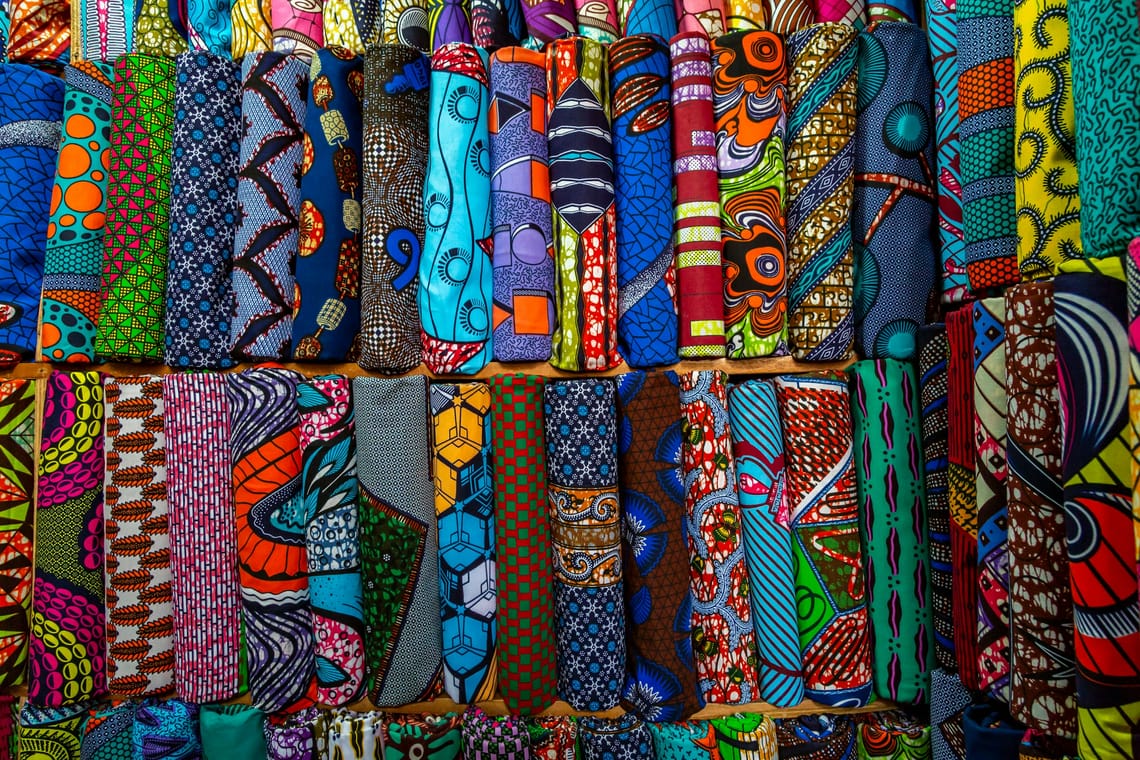My father’s said, when by some great miracle, pestilence or ordeal, he had struck in their midst: Gaoitsiwe: and that name was given to a child who was born in conjunction with the incident as a reverberating testimony, and later, when he was called by other boys at play, by his parents, by other men and old men at the kgotla where they deliberated on the unfathomability of their God. Even their fathers had found him so: unknowable. “Ke mokgwa wa gagwe”, they would reply if you persuaded them further with questions: “It is His nature” (this unknowability: His attribute)
He also attempted a comparative study with the West African narratives, in particular the Youruba Nigerians. They struggle still hard with words, and the science and sound of language to show that their Orise is the same God that the Egyptians knew as Osiris; the Cameroonians claim that their Lisa is a permutation of the same; and also, their Bemba their Lesa. But, on the southern tip of Africa, the Zulus speak of us all, to confirm our fathers and mothers, when they say: ‘He is Uvelingqaki’: One whose origin, or source, is a puzzle. It is a riddle.
We know where our ancestors came from. ‘For so-and-so, married so-and-so, and they begot so-and-so, who, in turn, married … and so on and so on.’ But He! He (God) is an enigma. No one seems to have begotten him; no one knows where he came from: Uvelingquaki!
That is why he is even above the ancestors, and they minister to him, bowing their heads, doing obeisance and clapping their hands in peace – greeting him, as our father, and the great men, do to their Chief. For Uvelingqaki is a great Chief. Hence, the Zulu fathers call him Unkulunkulu: He who is great and above all.
One must never ‘point your finger to the sky’, my mother taught me, and so my father was taught by his mother, and his father, before him, by his mother, when he was a child. I wondered why. I did not ask. The way she said it showed that it was a serious matter. Later, she told me: ‘It is the abode of Modimo. If you do, you might push your finger into his face.’ For Modimo lives godimo (above) legodimong (in the sky). That is why the Zulu call him Inkosi Yamazulu: The King of the skies. His abode is as boundless as he is limitless.
In the African understanding of Modimo, his unknowability and incomprehensibility, in spite of his being Magnum ad Infinitum …
An extract from Professor Setiloane book - The image of God among the Soiho-Tswana. Rotterdam: Balkema. , GM. 1976 Gabriel Molehe Setiloane




